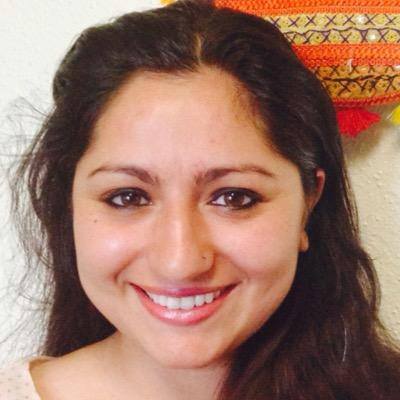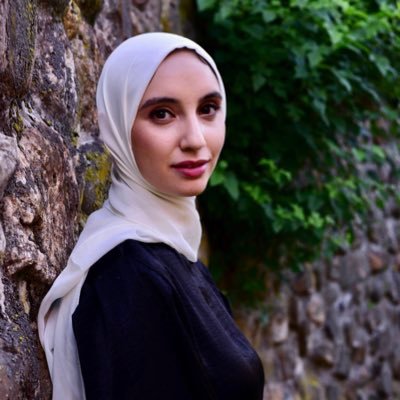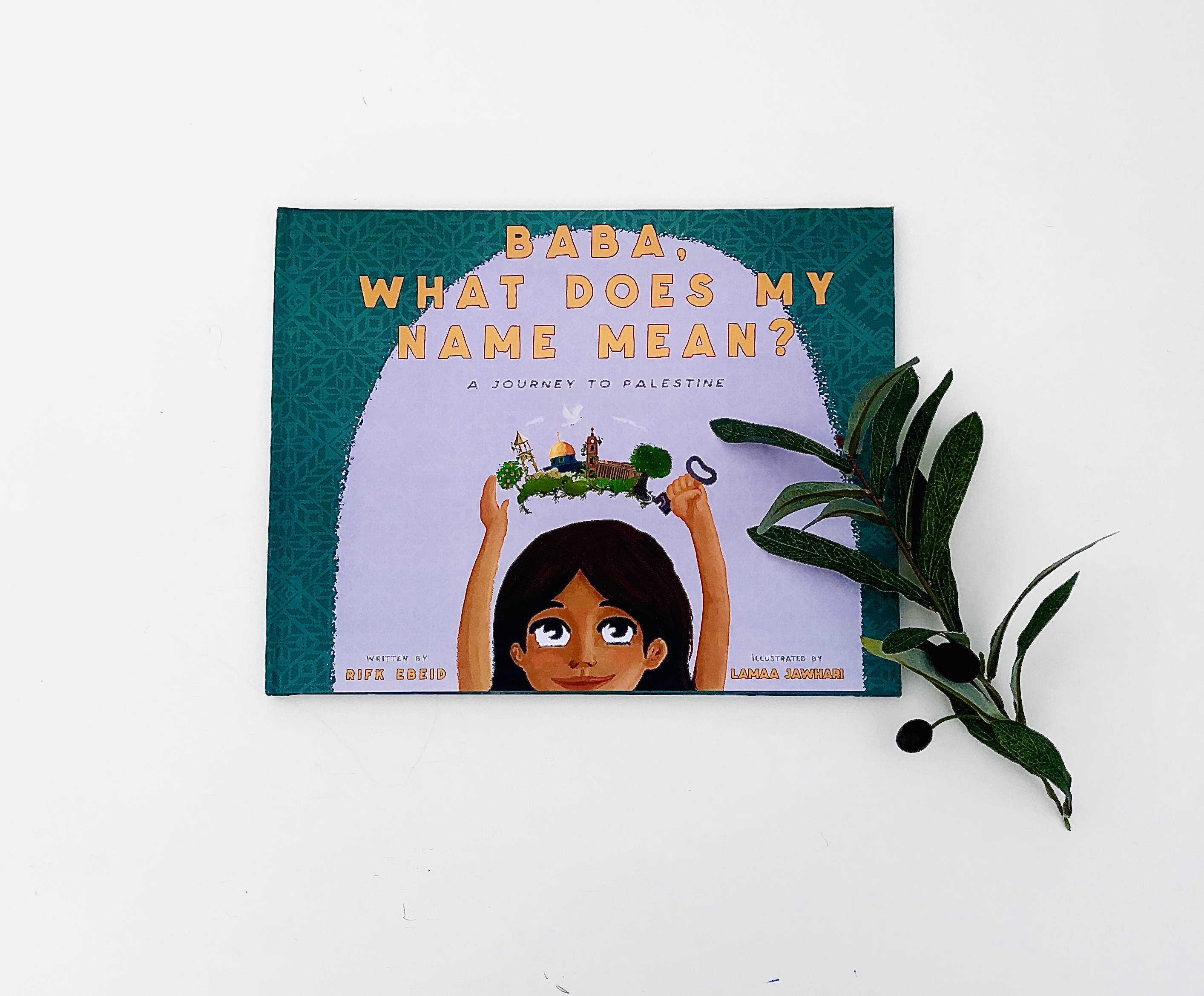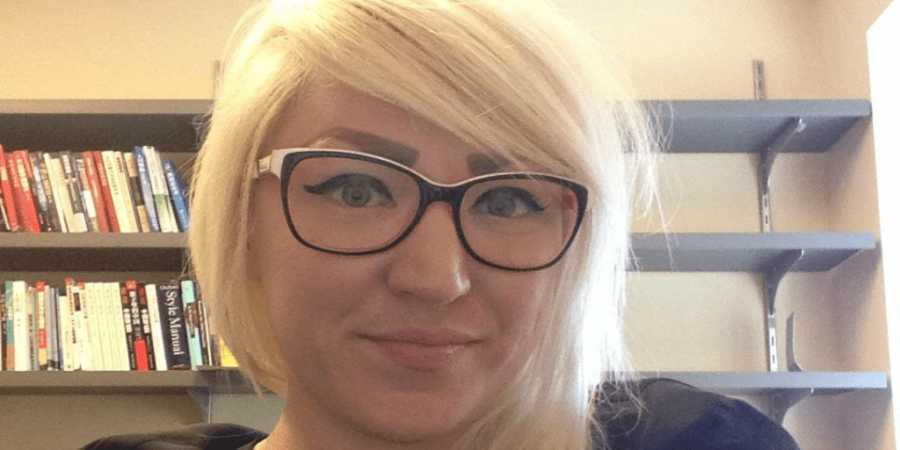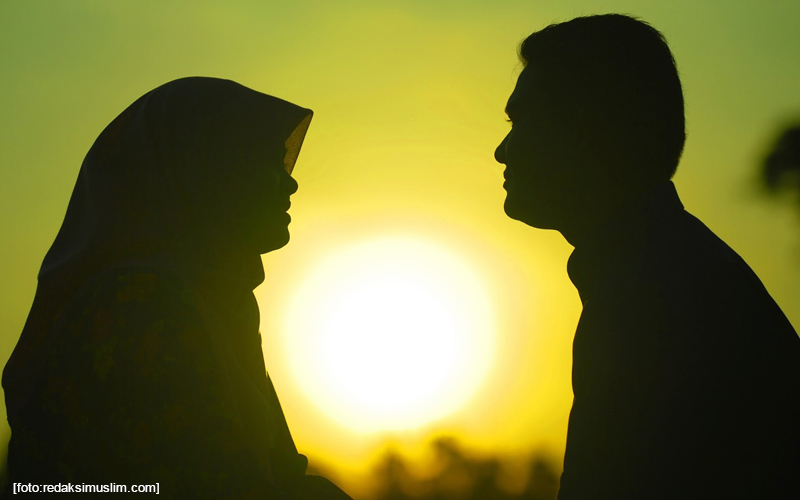…I’m a Pashtun immigrant American. I have spent half of my life in Pakistan and half in the U.S. I’m a sucker for languages and think I can afford, time-wise, to study them all at once…
Who are you?
I am a Pashtun from Swat, Pakistan, who has gravely disappointed her parents for choosing the PhD route instead of the medical that all Pakistanis, especially females, are supposed to take. From my earliest days in kindergarten, my teachers and parents would tell me that I would become a doctor. I must’ve been smart because that’s what’s expected only of “smart” students—and most teachers determine whether you’re smart or not based on your grades, so being smart isn’t always necessarily a compliment.
So I went through almost all of college thinking that I was going to go to medical school afterwards. And then in my 4th year, I took an Intro to the Middle East course because, why not. And it was the class discussions and my professors’ tangential comments about gender/sexuality issues, Shi’/Sunni Islam, and Islamic law that made me think twice about the dull future I had crafted for myself. I started taking Islamic studies and gender studies courses and fell madly in love—and have been in love ever since. After graduating, I’ve been a PhD student of Islamic Studies focusing on gender/sexuality, marriage, Islamic law, and Muslim Americans. I’m crazy about the field I have chosen and am infinitely grateful to my parents for trying really hard to respect my choice and for loving me despite having “disappointed” them. It’s not entirely common or easy for very-traditional Pashtun parents to respect their daughter’s choice to live away from home to pursue something she is passionate about (well, yeah, they’ll accept a future medical doctor’s reasons), and I recognize the trouble—the pity—that they have received from the community for supporting me. May God bless them with peaceful, long, and healthy lives! Aameen.
So, yeah, I’m a Pashtun immigrant American. I have spent half of my life in Pakistan and half in the U.S. I’m a sucker for languages and think I can afford, time-wise, to study them all at once—but I’ve a long way to go in being fluent in some of the ones I’ve started (like Persian, Spanish, French, and Turkish, though I know Pashto, Urdu, and Arabic). I enjoy learning about different cultures and the people to whom they are important. I also love traveling because of what it teaches me about how small a person I am in a world so overwhelmingly vast.
And I love pizza. And music and rain. Definitely rain. I often pray that it rain on my wedding day. That’s important to me. Romantic atmosphere and all.
Give us your favorite quote and tell us why it means so much to you:
“To believe in your choice you don’t need to prove that other people’s choices are wrong.” ~ Paulo Coelho
This is a remarkable reminder that it is possible and necessary to believe our way while simultaneously acknowledging and respecting other people’s choices and beliefs as well. Too often, we arrogantly assume the responsibility to tell others that they are wrong because their choices, preferences, or beliefs are not identical or even similar to ours.
Islamic Perspective
What Ayah of the Quran do you hold close to your heart? Why?
There are many. Sometimes I like to open the Qur’an to a random page and read it, and I believe that the page I ended up opening has a message for me. And it often does. Whenever I think it doesn’t, I note the surah and verse numbers and come back to them later to figure out what it might have been trying to tell me.
Khair, all of those verses of the Qur’an that speak to God’s generosity, kindness, and mercy are most important to me. I grew up being taught about a God who’s little more than a monster who’s just sitting there waiting for an opportunity to attack. So when I read Qur’anic verses that emphasize God’s mercy instead, I find myself shaking to the reminder. There is already so much evil in this world and in so many people that the last thing we need is for the Creator, too, to be evil.
15:49: Nabbi’ ‘ibadi anni ana al-ghafoor al-raheem. Which translates to, “Inform my worshippers that I am The Forgiving, The Merciful.”
With verses like this, nothing else matters to me. Nothing else is relevant to me.
The “Ten”:
1. What is your favorite book?
Ahh – I’ve read so many amazing books it’s impossible to choose one! But when I was in 9th grade, my English class was assigned Dr. Ben Carson’s book Think Big: Unleashing Your Potential for Excellence, and it had a huge impact on me. It inspired me to work harder, to be better, to believe and fully understand that there was nothing I was not capable of doing. At that age, many of us are in need of inspiration, and this book did it for me. Whether it will have the same impact when I read it today, I cannot say, since today, I find inspiration all around me, but it mattered at a time it needed to matter most, and that’s important to me.
2. Who inspires/inspired you?
At different points in my life, I’ve had different sources of inspiration. From a competitive, hard-working classmate in elementary school in Swat to my teachers’ mockery that said student was better than me whenever he earned a higher ranking in exams than I did, to the same teachers’ love and support when I earned higher rankings, to today where I need, seek, and find inspiration in virtually everything around: from the many forms of injustices and cruelty to the best services to humanity, to role models, to women and men and girls and boys who have achieved so much throughout their lives in the face of whatever obstacles they faced, to silence and nature and God and all other things beautiful.
3. What is the best lesson your mother/mother figure taught you?
That there will always be people, even (especially) relatives and family members, who will stand against you, hurt you, create barriers between you and your success, but that does not mean you quit what you need to do to empower yourself and bring positive change in the community.
4. What advice would you give your 13 year old self?
There’s nothing wrong with wanting to run away from home when you’re 12, 13. It’s a normal part of being a teenager and not having a supportive environment. So it’s okay to have crazy thoughts and be “weird.” Also, good job for not having run away.
5. What are your hopes for your daughter(s)?
That they would make the best of all the good this world has to offer and leave behind a legacy of love, respect, and appreciation for the world and its citizens. I hope to raise my children, both daughters and sons, to always stand up for justice no matter what might be at cost, to stand with all victims of injustice and oppression. Like all parents, I would want them to be happy—and giving often yields a sort of happiness not found elsewhere.
6. What is the biggest trial you went through in your life and how has that changed you?
See below.
7. Any regrets? What’s something that you wish you’d thought about more before you did it?
Generally, I don’t regret any experiences and choices, no matter what they are and how others might see them. I believe there is no such thing as a mistake; there are only experiences that we are happy with and those we are unhappy with, experiences and actions we’d repeat happily and those we’d rather not as we grow older.
But I do have one regret. I lost my grandfather recently (may God bless him with eternal peace and the highest level of paradise, aameen). My regret is that, in all of my adult life, I rarely took the time to contact him, reach out to him, speak with him. I wrote him only one letter, and although it’s a long letter and it meant the world to him, I don’t believe it is enough. I wish I’d spent more time with him, I wish I’d called him more and asked him how he’s doing, I wish I’d shared the little and big details of my life with him, I wish I’d told him over and over how much I love him and how proud I am of his work for women’s education. But I didn’t. And this guilt, this regret has been the hardest to deal with in coping with his passing.
Still, in the disturbance of this regret, I have been talking to my mother about him a lot, and the more she tells me of him, the more I realize that the best way I can reach out to him is by pursuing my dreams of working for peace and justice. He would be happy and proud to know this, and perhaps the dead aren’t really dead; perhaps people die only so they can be closer to us, watch over us better, guide us better.
Refining our attitude towards life, death, and humanity is what has helped me deal with the loss most effectively. Losing people we love makes us realize that there are many other people we love, too. Loss can, in this way, make us better, more supportive, more loving people if we let it—and that’s what I’ve done.
8. How do you stay grounded in your work and/or spiritually grounded?
I see God in all things good and beautiful, including my parents and niblings, music and rain, books and education, people’s laughter and their smiles. Even the trees and benches designed and created for my comfort and use. Christopher Meloni (Law & Order, SVU #ftw!). I’ve had deep moments where I’ve broken down to God because I’ve been overpowered by all the beauty around me—beauty that whispers the 99 names of God tirelessly.
It is in the ordinary and mundane that I seek and find spirituality. I remain spiritually sane and grounded because the ordinary exists, it excites me—and it is God. And, like all other living creatures, I like being happy. All this time, until the passing of my grandfather, I didn’t realize that we can turn to “small” things to be happy.
9. How do you bring about real change?
I don’t know what the difference between “change” and “real change” is, and I hope what I do is real change, but I am convinced that by pursuing higher education—specifically in Islamic studies and gender studies—I have a purpose: to use this knowledge and the skills I gain as a future professor and teacher of the disciplines I’m interested in. By teaching (and all the bureaucratic things that come with it, though some of them are fun, like writing and publishing),I address and condemn different kinds of phobias, such as Islamophobia, homophobia, xenophobia, and if I end up teaching just one person that social justice is a pre-requisite for a more beautiful world and inspire them to work towards that world, I will die a happy girl.
I also blog. And while I’m not sure how much of a change that brings for the world, the occasional “thank-you” emails I receive from my blog readers are enough to make me feel like I’m doing something constructive.
10. What do you hope to be remembered for?
Many things, inshaAllah. Among them giving people their space to be themselves, to express themselves as they are comfortable and happy doing; acknowledging the good that people do so that they know that they are appreciated; doing my best to stand with those invested in social justice, peace, and the full equality of all humans, regardless of gender, sexual orientation, race, religion, and other marks of differences that should bring us together instead of dividing us and causing us to hate and fight each other. And last but not least, of course, doing lots and lots of qrrate (a Pashto word for “ranting,” but it has a funny connotation).
Message from Shehnaz:
Salaam, ladies!
My name is Shehnaz, and my message to you all today is to keep fighting for a better, safer world, a world where all people are equal no matter our differences. This fight is hard and sometimes dangerous for some of us, but it’s well worth it. The obstacles we face in reaching our goal of equality and justice come in different forms, including being mocked because of the work we do and the choices we make, being told that we should focus on “real” issues instead of the ones that are important to us, and being reminded wrongly that what we’re doing is un-Islamic or anti-Islamic (because, you know, shh – the all-hearing Islamophobes are listening). But so long as the problems we are fighting exist in our communities, we will need to speak against them and work towards eliminating them. So don’t give up! It’s okay to pause every now and then and watch a lame movie or TV show to remain emotionally sane, but don’t give in to the misogynists’ and Islamophobes’ taunts. Standing up for justice is never the wrong thing to do!
Shehnaz
More about Shehnaz:
Twitter: http://twitter.com/qrratugai
Blog: http://orbala.wordpress.com/
Facebook (Blog Page): https://www.facebook.com/pages/-Da-Qrratugai-Qrrate-Freedom-from-the-Forbidden

